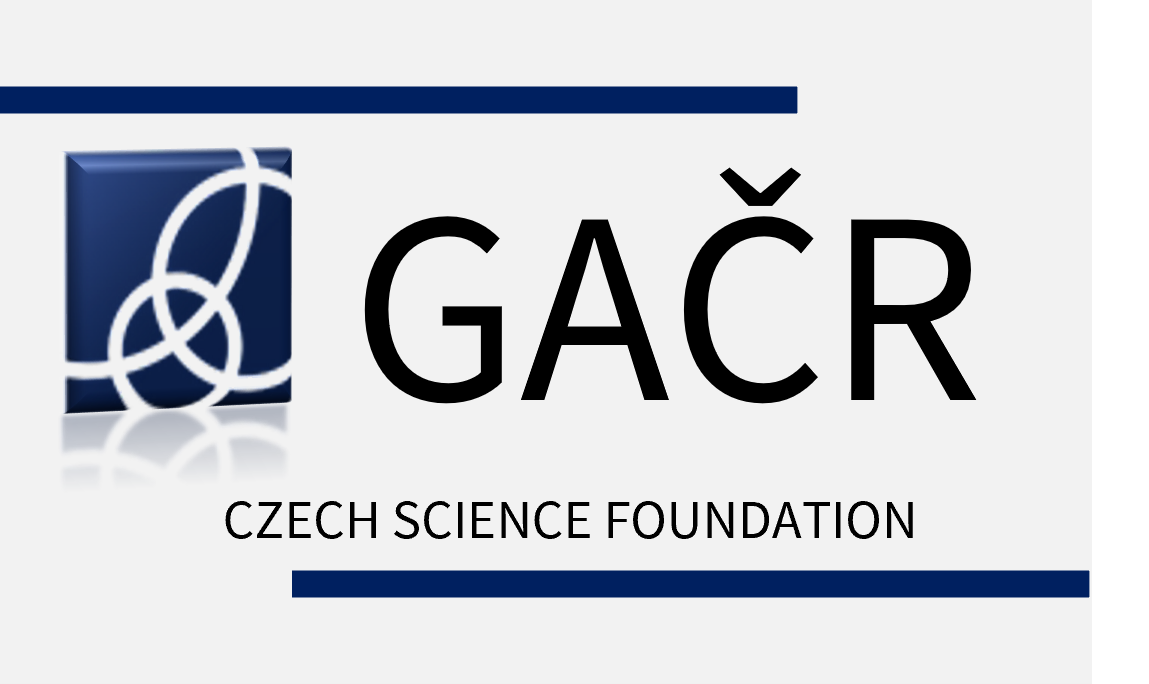
Department of Macromolecular Physics was established as the Department of Polymers in 1974. At present, our department is conducting research in the fields of physics of nanomaterials, physics of polymers and macromolecular solids and theoretical physics.
News

Following the success of the publication in Communication Physics, Marco Tosca has won a grant from the Grant Agency of Charles University on the related topic of ‘Plasma-assisted synthesis of boron/hydrocarbon polymer nanomaterials as targets for laser-driven proton-boron fusion’. He will investigate such nanomaterials for their interaction with high-power lasers, with the main objective of finding correlations between the material structure, composition, order vs. disorder, and alpha-particle yield. The project will contribute to the field of clean energy generation and may also prove feasible in other fields of science, including alpha particle-based cancer therapy and nondestructive material diagnostics.

In the journal Materials Chemistry and Physics, we have just published an article summarizing the results of the study of heat-induced morphogenesis of vanadium nanoparticle films prepared using the gas aggregation source of nanoparticles. These results pave the way for the preparation of highly porous coatings of vanadium and its oxides with well-controlled physical properties.

What is the history, present and future of plasma-based gas aggregation sources of nanoparticles? What prevents their further development and wider application? These are the topics we tried to answer in the review article "Plasma-assisted gas-phase aggregation of clusters for functional nanomaterials", which was published in the Journal of Vacuum Science & Technology A.

Semitransparent nanostructured TiO2 coatings are used in a wide range of modern applications, such as energy production, gas sensors, biodetectors and photocatalysis. In our just-published article, we presented a simple method that enables the coat and time efficient preparation of such nanomaterials without the need to use chemical solvents, precursors or linkers.

The group led by prof. Shukurov developed customized targets based on C:H plasma polymer coatings on boron nitride. In collaboration with colleagues from other facilities, we used these targets in experiments on laser-driven proton-boron fusion to show, for the first time, that such fusion is possible even using a compact tabletop laser. The discovery, published in Communication Physics, offers an alternative to nonthermal fusion, showing a clean, safe, and reliable route for various applications, including sustainable electricity generation, radiobiology, and cancer treatment.

Daniil Nikitin received a grant funded by the Ministry of Education, Culture and Sports to support the mobility of students and young researchers between our department and the Christian-Albrechts University in Kiel, Germany.
The goal of this bilateral project, which follows on from our long-term research in the field of nanomaterials development, will be to gain new knowledge about resistive switching in nanofluids.

When groups of birds or fishes form fantastic formations, one often speaks of swarm intelligence. Our study of artificial active Brownian particles suggests that the roots of these behaviors could be much more prosaic. When we steered a group of tiny spheres in a water container with a laser beam to reach a common target, they exhibited an unexpectedly complex, coordinated circular motion. We explain these observations by the presence of a time delay in our feedback apparatus and argue that it is likely that similar mechanisms are omnipresent in nature.

The group led by prof. Shukurov published an article in Nanoscale Advances in which they reported on the synthesis of yellow, green, and blue plasmonic nanofluids that can be produced without wet chemistry by direct deposition of Ag and Cu nanoparticles from sputter-based gas aggregation cluster sources in liquid polyethylene glycol. This newly developed approach offers an excellent platform for fundamental research on nonaqueous nanofluids, with metal-polymer and metal-metal interactions unperturbed by the presence of solvents or chemical residuals.

Doc. Lenka Hanyková particopated in the developement and characteriyation of a drug delivery system in the form of very small cerium oxide particles encapsulated in silica-based nanoparticles. This system can "smartly" react to the environment and release its cargo (cerium oxide particles) in a precisely determined environment due to the influence of radical forms of oxygen
Details can be found in an article published in Advanced Functional Materials.

One of the main goals of stochastic thermodynamics is developing optimal strategies for controlling microscopic devices, such as heat engines. In a recent study, we present an elegant derivation of finite-time maximum-efficiency and maximum-power protocols.

Dr. Daniil Nikitin was awarded a grant from the Czech Science Foundation that will focus on the development and investigation of nanofluids with resistive (memristive) switching for neuromorphic engineering.
.

In the frame of an international project, we have participated in the development and study of new SERS active recyclable nanostructured platforms based on TiO2 and Ag. The results of this research were published in the journal Surfaces and Interfaces.

On 25/10/2022, the graduation ceremony of new associate professors took place in the historical Karolinum. One of them was our colleague doc. Jan Hanuš, to whom we congratulate and wish him much success in his new role.

Chemical exchange analysis in NMR is a useful tool to describe molecular processes. In our paper, we published the analytical shape of the multistate chemical exchange spectrum and showed its application to a real system of protonated oxoporphyrinogen.

O. Kylián gave a lecture called "Atmospheric Pressure Plasma Treatment of Materials" at the prestigious international conference 242nd ECS meeting.

Our master student Veronika Červenková won 2nd place in the Falling Wall Labs competition, which took place this September in Wrocław, Poland!!
Congratulations!!

